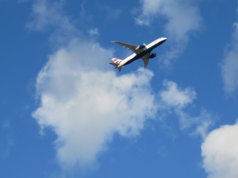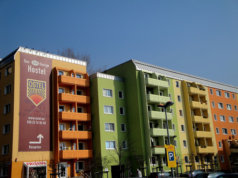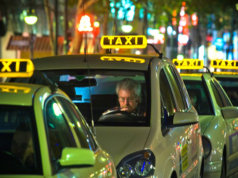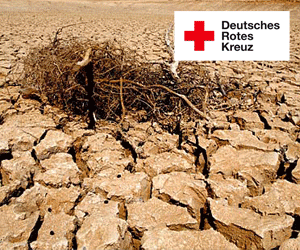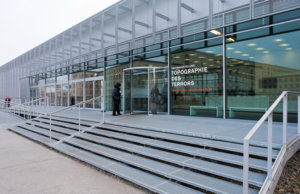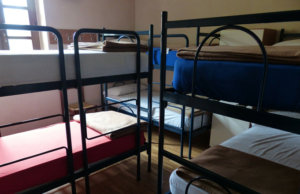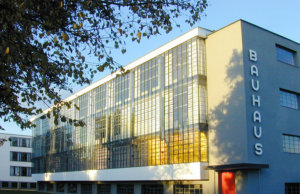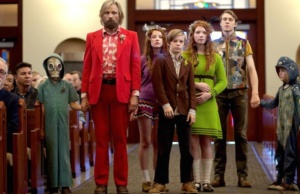Berlin’s newest airport – still in the works, years later than expected date of completion – has been a sore spot of the capital city. Now, low-cost airline Ryanair says Berlin needs yet another air travel hub.
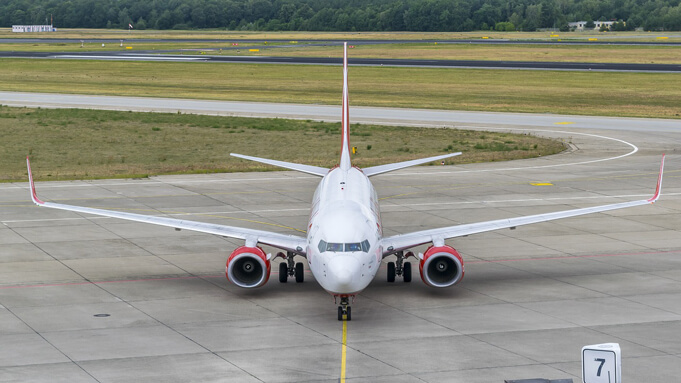
Just one airport can’t accommodate the rise in passengers
According to Ryanair’s Chief Marketing Officer Kenny Jacobs, the company estimates that by 2050 Berlin will need to accommodate more than 90 million air travelers each year. That’s nearly three times more than the number of passengers that currently use Berlin’s currently operating airports, Tegel and Schönefeld (roughly 33 million).
Opening date for BER still in the air
There’s been much discussion, debate (and embarrassment) over the city’s newest airport (BER). Multiple changes in personnel, setbacks and infrastructure challenges have caused the project to go way over budget and past the estimated timeline. The airport, which was set to open this year, is now being delayed for the umpteenth time to at least next year (we’re not holding out breath).
Once opened, BER will be the sole airport servicing Berlin. Ryanair thinks that’s just not enough. According to the company, the BER plans grossly underestimate the predictions for air passengers. At the moment, the two functioning airports handle 6 million more people than the primary capacity of BER. With estimates of roughly 50 million passengers per year by 2030, Jacobs says one airport is simply not enough.
Vote to keep Tegel alive
On September 24, the same day as the national election, locals in Berlin and Brandenburg will be able to vote on whether or not Tegel should continue operation. “Therefore, together with most low-cost carriers, we support the citizens’ initiative to continue using Tegel,” said Jacobs.
Ryanair further points out that keeping Tegal operating will maintain more than 12,000 direct and indirect jobs in the area. These would not have been relocated to BER, which will add another 15,000 new jobs in itself.
According to Jacobs, the two airports would also help to support the city’s growing influx of tourists and visitors. This could help to support hotels, taxis, restaurants and add up to €3 billion each year to the city. He also accused to local government of thinking “in the last century”. Berlin is a “great European city” and it should be treated as a hub for travel like any other capital.


